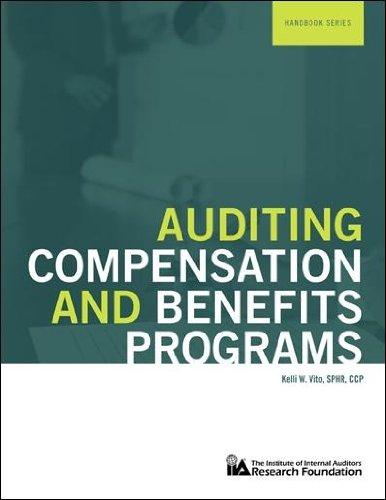Question
What differentiates a sunk cost from a relevant cost? a. A sunk cost occurred in the past and doesnt affect decision making. A relevant cost
What differentiates a sunk cost from a relevant cost?
a. A sunk cost occurred in the past and doesnt affect decision making. A relevant cost differs between alternatives and is used in decision making.
b. A relevant cost occurred in the past and doesnt affect decision making. A sunk cost differs between alternatives and is used in decision making.
c. Both costs are used is decision making.
d. Neither cost is used in decision making.
What is true of opportunity costs in making decisions?
a. Because opportunity costs are irrelevant, managers should not consider them.
b. Because opportunity costs represent the future benefit that is given up when a choice is made, managers should consider them.
c.Because opportunity costs occur in the past, managers should not consider them.
d. Managers should only consider variable opportunity costs.
When should managers accept special orders?
a. After examining qualitative and quantitative factors
b. If incremental revenues exceed incremental costs
c. If there is a net advantage in accepting the special order
d. All of the above
Which of the following is a potential qualitative factor to consider when accepting a special order?
a. The company will lose $10,000 by accepting the special order.
b. The special order requires purchase of a special engraving machine.
c. The perceived quality of the regular product is negatively impacted could be negatively impacted by the special order.
d. All of the above.
Step by Step Solution
There are 3 Steps involved in it
Step: 1

Get Instant Access to Expert-Tailored Solutions
See step-by-step solutions with expert insights and AI powered tools for academic success
Step: 2

Step: 3

Ace Your Homework with AI
Get the answers you need in no time with our AI-driven, step-by-step assistance
Get Started


